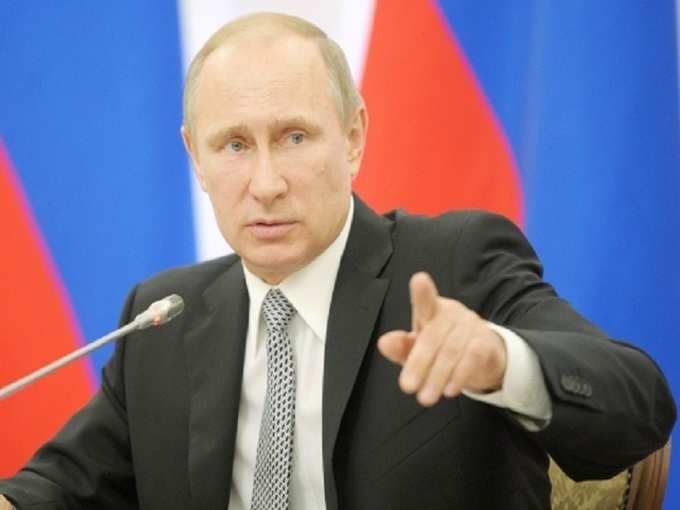 When Prime Minister Narendra Modi meets Russian President
When Prime Minister Narendra Modi meets Russian President For Putin, this will the fifth visit to India as Russian president—he made his maiden visit to India in 2002 during his first term as president; followed by three trips in 2005, 2007 and 2012 (the last one was eclipsed by massive protests in New Delhi following the gang rape).
In addition to strengthening the political foundation for bilateral relation for the years to come, Putin’s visit will give a boost to four areas—defence, space, civil nuclear energy and trade. The two countries are expected to sign deals for co-production of mid-range military and civilian aircraft, including MC-21 mid-range aircraft whose mass production will begin in 2017. India is mooting the idea of jointly manufacturing the aircraft in the country as part of the ‘Make in India’ campaign, leading to creation of domestic jobs and transfer of aircraft technology. Plans are also afoot to build production plants in India for Sukhoi Superjet-100 and KA-226 helicopters, both of which can be used for military and civilian purposes.
The two countries are also expected to enhance cooperation in the field of space exploration. Russia is already supporting India’s ambitious plan to launch the first two Indian astronauts into space by 2015—Russia is expected to help build the astronaut capsule; select and train the astronauts; and offer Indian astronauts a trial run abroad its Soyuz spacecraft . Space instrument engineering is another area where cooperation between the two countries is expected.
In order to strengthen joint efforts in civil nuclear energy, Putin is expected to visit Kudankulam Atomic Power Project site in Tamil Nadu, which may also lead to joint exploration of other similar projects.
With both the countries setting a target of bilateral trade worth $20 billion by 2015, business and investment will be a key part of discussions between Modi and Putin. Stronger trade relation with India is especially important for Russian following its self-imposed ban on food imports—meat, fish, fruits, vegetables, milk and milk products—from the US, the EU, Canada, Norway and Australia in retaliation to Western sanctions imposed over Russia's actions in
Putin visit will also offer an opportunity to juxtapose two of the two strongest leaders in the Euro-Asian region. While Putin, who is accused of stifling freedom, is seen to be courting autocratic means to strengthen his grip within Russia and outside, Modi has already won kudos for giving a decisive strategic vision for a resurging India while positioning himself as the prime minister of the biggest democratic country in the world. A better bonhomie between the two leaders will also augur well for India’s efforts to counter China’s growing military and political influence in the region.
